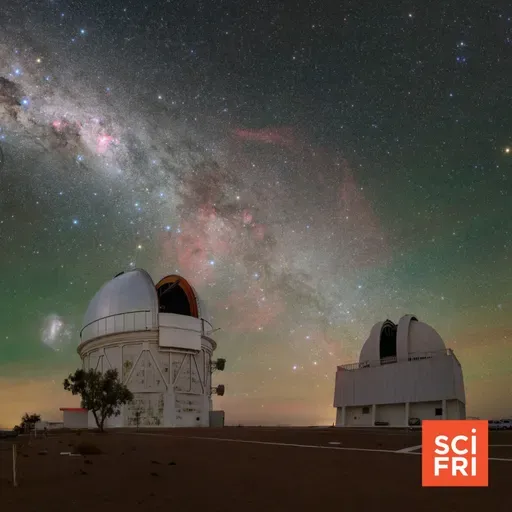
Researchers built the largest 3D map of our universe yet. What they found supports the idea that dark energy could have evolved over time.
One of the mysteries of the universe is why it expands at the rate that it does. Back in 1998, two teams of researchers observed that not only was the universe expanding, but that the rate of expansion was increasing. That observation was the basis for a concept now known as dark energy. In the years since, cosmologists have been trying to get a handle on better measurements of that effect, and hoping to figure out what dark energy actually might be.
This week, researchers on a project called DESI, the Dark Energy Spectroscopic Instrument, released results based on their first three years of data at an international physics conference. They found that it appears possible that dark energy—whatever it is—has changed over the lifetime of the universe. In other words, the so-called cosmological constant may not, in fact, be a constant. The data is not quite statistically significant yet, so researchers can’t definitively say that this is true, which leaves many questions about the nature of dark energy still unresolved.
Dr. Andrei Cuceu of the Lawrence Berkeley National Laboratory and Dr. Adam Riess of Johns Hopkins University and the Space Telescope Science Institute join Host Flora Lichtman to talk about the new research, and what remains to be discovered in dark energy.
Transcripts for each segment will be available after the show airs on sciencefriday.com.
Subscribe to this podcast. Plus, to stay updated on all things science, sign up for Science Friday's newsletters.
